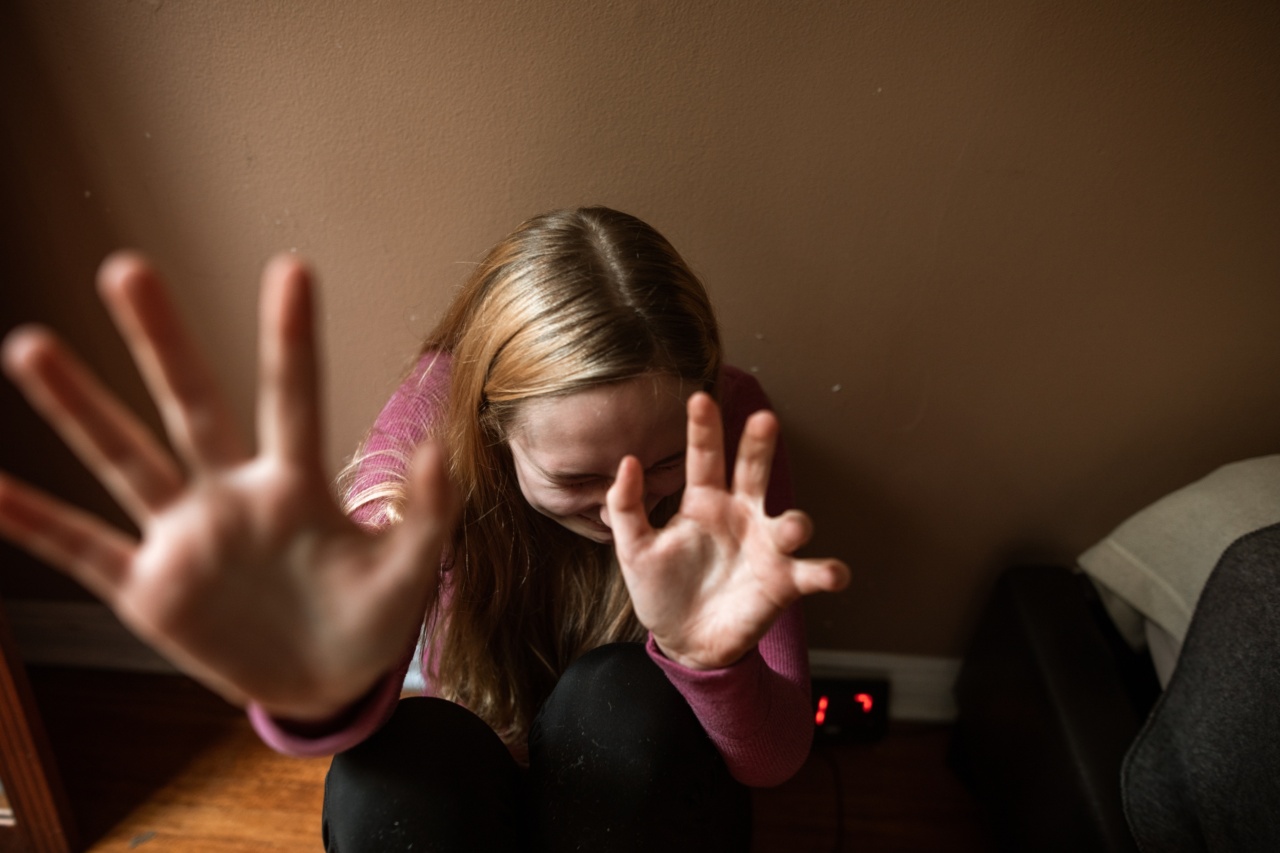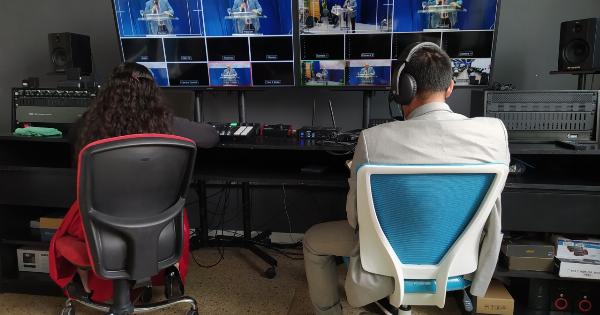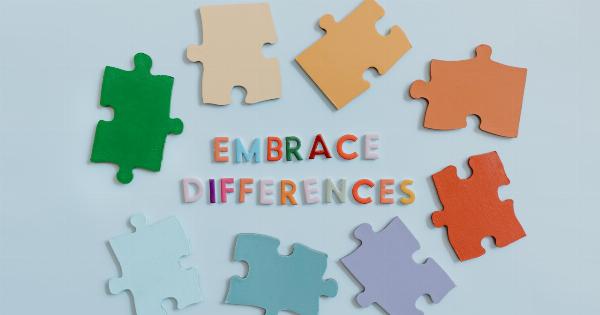Violence against women is a global issue that affects millions of women worldwide. It encompasses various forms such as physical, sexual, psychological, and economic abuse.
This prevalent issue needs to be addressed urgently to create a safer and more equal society for women.
The Impact of Violence Against Women
The consequences of violence against women are far-reaching and devastating. It not only affects the immediate physical and emotional well-being of women but also hinders their overall development and progress.
The victims often suffer from long-term physical and mental health issues, decreased productivity, and limited educational and employment opportunities.
Root Causes of Violence Against Women
Understanding the root causes of violence against women is crucial in order to effectively combat this pervasive issue. Some of these causes include patriarchal societal norms, gender inequality, lack of education, and economic dependence.
Additionally, factors like harmful cultural practices, weak legal frameworks, and social stigma further perpetuate violence against women.
The Role of Education and Awareness
Education plays a vital role in combating violence against women. By promoting gender equality, teaching respect, and raising awareness about women’s rights, we can empower individuals to recognize and challenge harmful behaviors.
Education can also help eradicate regressive attitudes and stereotypes, fostering a more inclusive and equitable society.
Legislation and Policies to Combat Violence Against Women
Effective laws and policies are essential to combat violence against women and provide justice to the victims.
Governments and institutions must strengthen and enforce legal frameworks that criminalize violence, protect victims, and hold perpetrators accountable. Additionally, it is crucial to provide support services such as helplines and safe spaces for survivors.
Empowering Women Economically
Economic empowerment is a crucial aspect of addressing violence against women. By providing women with equal access to education, employment opportunities, and financial resources, we can help enhance their independence and reduce the risk of abuse.
Implementing policies that promote women’s economic empowerment will contribute to breaking the cycle of violence.
Engaging Men as Allies
Men play a vital role in ending violence against women. Engaging men as allies and promoting positive masculinity is crucial for challenging toxic attitudes and behaviors.
Men must be encouraged to take an active role in creating a safe and respectful environment for women, raising awareness about the issue, and holding other men accountable for their actions.
Raising Awareness Through Media and Technology
The media and technology platforms have significant influence in shaping societal perceptions.
Utilizing these platforms to raise awareness about violence against women, debunking myths, and promoting positive role models and narratives can bring about meaningful change. Collaboration between media organizations, governments, and civil society is essential to effectively utilize these platforms.
Supporting Survivors and Providing Resources
Supporting survivors of violence is crucial for their recovery and the prevention of further abuse. Providing access to shelters, counseling services, legal aid, and healthcare facilities is essential for their well-being.
Investing in robust support systems will not only empower survivors but also send a strong message that violence against women will not be tolerated.
Building a Culture of Consent and Respect
Creating a culture of consent and respect is vital to prevent violence against women. Education and awareness programs should focus on teaching the importance of consent, boundaries, and respectful relationships from an early age.
By fostering a culture that values equality and respect, we can cultivate an environment where violence against women is no longer tolerated.
Conclusion
Ending violence against women requires a collective effort from individuals, governments, civil society organizations, and the media.
It is essential to challenge harmful societal norms, promote gender equality, and provide support and resources to survivors. By working together, we can create a world where women can live free from violence and discrimination.






























